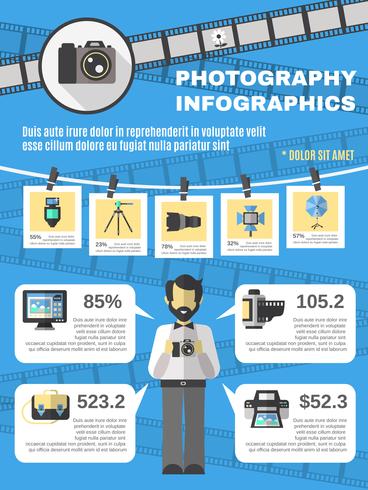What Every Digital Photographer Must Know About Lighting
What Every Digital Photographer Must Know About Lighting
Blog Article
http://chi112ilene.booklikes.com/post/6569664/how-to-choose-the-right-camera-for-your-digital-photography-demands Created By-Boone Ibrahim
As a digital photographer, you know that illumination can make or break your pictures. Recognizing the nuances of both all-natural and synthetic light is essential for recording the state of mind and clearness you aim for in your work. Whether you're chasing after the perfect gold hour glow or adjust your man-made configurations, mastering these components can elevate your digital photography considerably. But there prevail pitfalls that numerous neglect, and recognizing them can transform your approach to every shoot. Let's explore what you might be missing and exactly how it can influence your results.
Understanding Natural Light
Comprehending all-natural light is critical for any type of professional photographer looking to enhance their job. It's the foundation of great digital photography, affecting mood, tone, and clarity. When you fire outdoors, take note of the time of day. The gold hour-- shortly after dawn and before sunset-- uses soft, cozy light that can change normal scenes right into spectacular photos.
Do not ignore the power of cloudy days. https://www.digitalcameraworld.com/tutorials/tiger-king-10-tips-to-take-the-big-cat-photography-throne diffuses sunshine, developing a soft, also light that's ideal for pictures and macro digital photography. You'll discover colors pop in this type of lights without harsh darkness.
Positioning matters, too. Constantly consider your subject's positioning to the light source. If the sun's behind your topic, you might end up with a silhouette, which can be significant however mightn't be what you desire. On the other hand, straight sunshine can create uncomplimentary shadows.
Experiment with angles; often, transforming your point of view can yield incredible outcomes. Usage all-natural reflectors, like water or sand, to jump light onto your subject, including measurement.
Learning Artificial Light
Understanding synthetic light is vital for digital photographers that want to take their abilities to the following level. Whether you're making use of speedlights, workshop strobes, or continual lights, recognizing just how to manipulate these sources can significantly improve your photos.
Begin by familiarizing yourself with the fundamentals of light high quality, instructions, and shade temperature. Explore various modifiers like softboxes, umbrellas, or grids to manage the soft qualities or harshness of the light.
You'll find that soft light usually creates complementary outcomes, while harsher light can add drama and deepness. Do not avoid shadows; they can boost the three-dimensionality of your subjects.
Pay attention to the positioning of your lights. https://squareblogs.net/kesha22jacquetta/just-how-to-locate-your-one-of-a-kind-design-as-a-professional-photographer positioned also near your topic can develop uncomplimentary results, while too far away can result in a lack of information. Utilize a light meter or your camera's pie chart to ensure you're subjecting correctly.
Finally, remember that man-made light can be blended with ambient light for innovative impacts. Balancing these resources might take technique, but once you master it, your digital photography will truly radiate.
Techniques for Various Situations
When you step into various shooting circumstances, adapting your lighting techniques is important for recording the very best images. For exterior portraits, utilize the golden hour-- early morning or late afternoon light-- to soften darkness and boost skin tones.
If it's a severe lunchtime sun, consider making use of a reflector to jump light back onto your subject or seek shaded areas for a more also direct exposure.
In low-light circumstances, like interior occasions, enhance your ISO and use a vast aperture to allow in even more light. A tripod can assist get rid of camera shake, enabling longer direct exposures without obscuring.
If you're contending night, explore off-camera flash to create vibrant lighting and deepness in your pictures.
For please click the next website page , use diffused illumination to avoid rough representations. Softboxes or light tents can assist achieve this effect.
When photographing landscapes, consider the direction of light and time of day, as it can significantly alter the state of mind of your shot.
Always prepare to change your settings and placing based upon the situation, as flexibility is key to mastering lighting in photography.
Final thought
In conclusion, understanding lighting is crucial to elevating your digital photography skills. Accept natural light's elegance during golden hour, and do not shy away from trying out artificial light techniques. By adjusting your strategy to different scenarios, you'll capture spectacular images that resonate with feeling and clarity. Keep in mind, the best lights can change a common shot into something extraordinary, so keep practicing and fine-tuning your understanding of both natural and synthetic light. Happy shooting!
